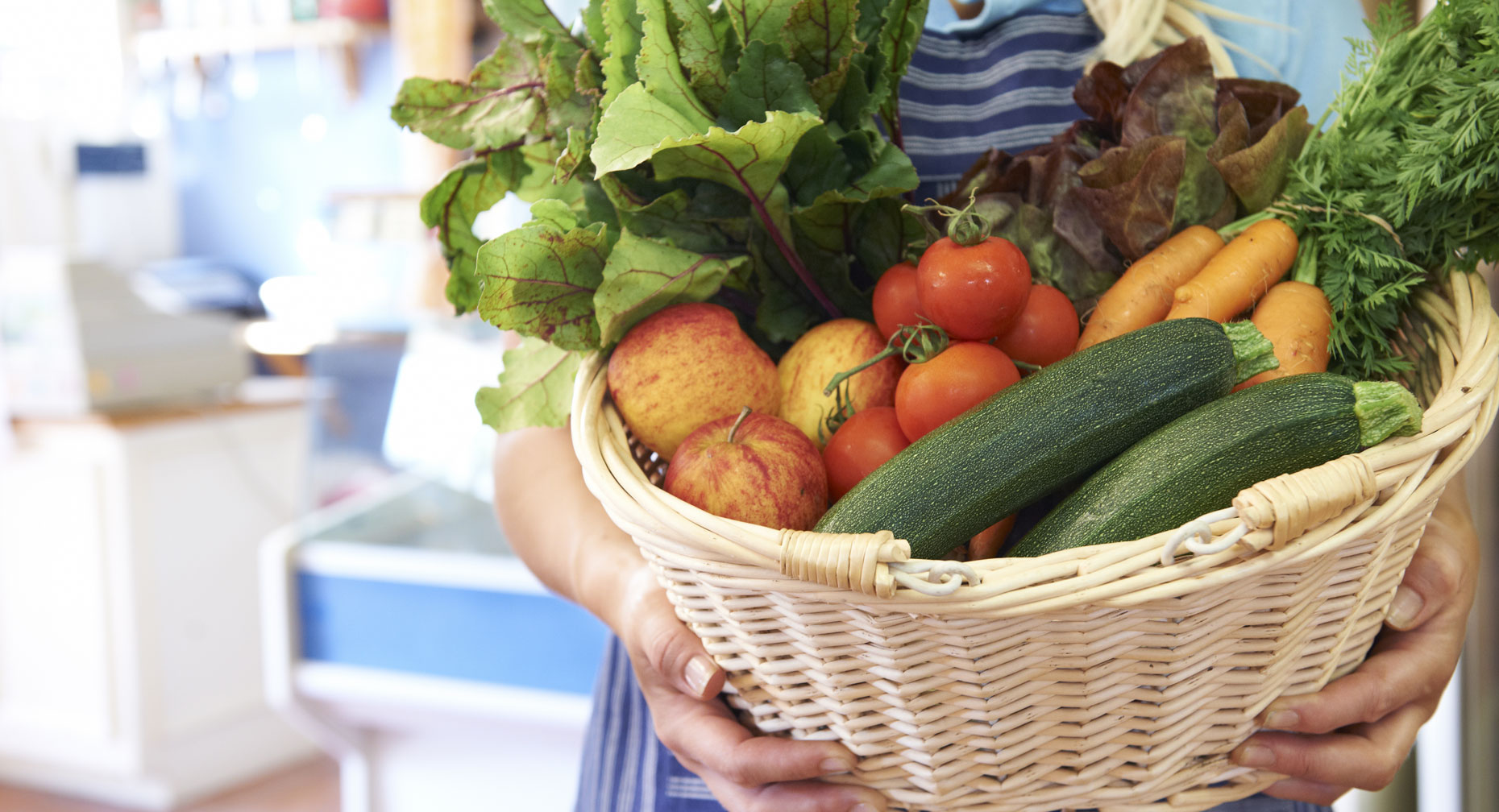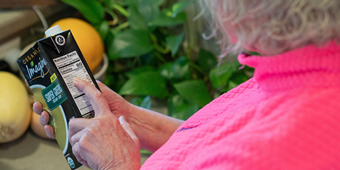Do Superfoods and Antioxidants Live Up to the Hype?

Answer a few questions and we'll provide you with a list of primary care providers that best fit your needs.
Superfoods and antioxidants get lots of coverage online and in print media related to healthy eating and disease prevention.
Foods proclaimed to be “superfoods” typically are nutrient-rich. Prime examples include fatty fish such as salmon, turkey, nuts and seeds; vegetables like kale; berries; soy; and low-fat or nonfat yogurt. Dietitians recommend them as part of a complete, well-balanced diet.
Overall, research shows that antioxidants are most effective for health promotion and disease prevention when they come naturally from fruits, vegetables and other foods.
Antioxidants are found in many of these foods, particularly fruits and vegetables. They may help prevent cell damage that leads to disease, such as cancer, by protecting the body from unstable molecules, called free radicals. Free radicals come from exposure to cigarette smoke, radiation and environmental toxins. And they’re created when the body converts fat into energy. Antioxidants also are available in dietary supplements.
How much stock should you place in the claims for healthful effects of superfoods and antioxidants?
Are Superfoods Truly ‘Super’?
There’s no argument that superfoods play a role in promoting good health. However, thanks to media hype and marketing campaigns for certain superfoods, consumers’ expectations may be overinflated.
Many nutrition experts shy away from the term “superfood.” They believe that one or two superfoods, by themselves, are limited in their impact. Plus, so-called superfoods don’t have the power to neutralize the ill effects of processed foods eaten alongside them.
Instead, superfoods gain their super powers when eaten as part of a complete, nutritious diet. Eating a lot of just a few foods puts you at risk of losing out on vital nutrients that are part of a complete well-balanced diet of fruits, vegetables, whole grains, lean protein, fatty fish, nuts and seeds, legumes and low-fat dairy products.
A Mixed Case for Antioxidants
Fruits and vegetables are excellent sources of antioxidants. And research shows that people who eat more fruits and vegetables lower the risk of heart disease, cancer and other diseases. But scientists have been unable to conclude with certainty what role antioxidants play in this. Other factors could be in play, including other components and nutrients in the research subjects’ diets and lifestyles.
Overall, research shows that antioxidants are most effective for health promotion and disease prevention when they come naturally from fruits, vegetables and other foods.
An article![]() from the National Center for Complementary and Integrative Health reports that scientific studies involving more than 100,000 people, in most cases, found that antioxidants in supplements did not reduce the subjects’ disease risks.
from the National Center for Complementary and Integrative Health reports that scientific studies involving more than 100,000 people, in most cases, found that antioxidants in supplements did not reduce the subjects’ disease risks.
And in some instances, high-dose antioxidant supplements may be linked to health risks. For instance, high doses of beta-carotene may increase the risk of lung cancer in smokers.
If you do take antioxidant supplements — or any other type of supplement — be certain to tell your doctors and other health care providers. Antioxidant and other types of supplements may interact with some medicines, reducing their effectiveness and potentially risking your health.
Answer a few questions and we'll provide you with a list of primary care providers that best fit your needs.
Source: American Heart Association; National Center for Complementary and Integrative Health; U.S. National Library of Medicine




